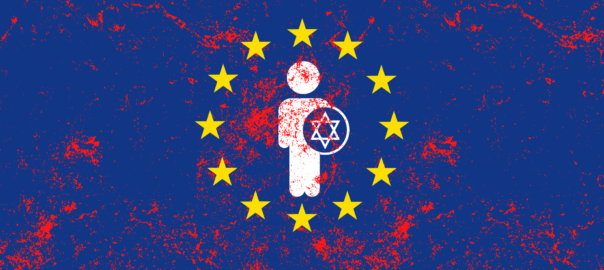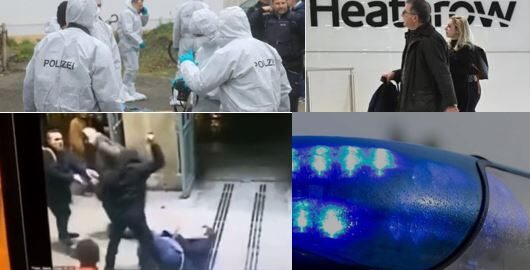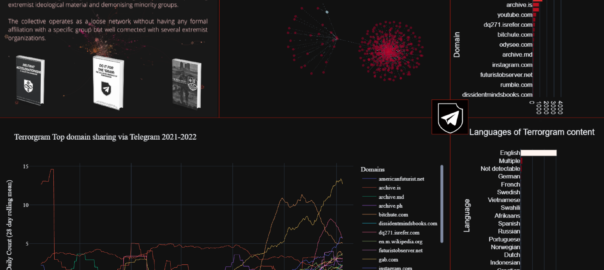The ongoing struggle against the Salafi-Jihadi movement will require reflection on multiple levels to achieve a genuinely progressive and evidence-based approach. This reflection will focus on developing an authentic understanding of:
- Their core purpose – their theology expressed in hundreds of thousands of pages of text, along with days of audio and video content.
- The strategic communication approaches which underpin their da’wa; the missionary work often referred to by Western research as recruitment or radicalization. Such understanding will include how Salafi-Jihadi groups exploit the internet for strategic communication.












